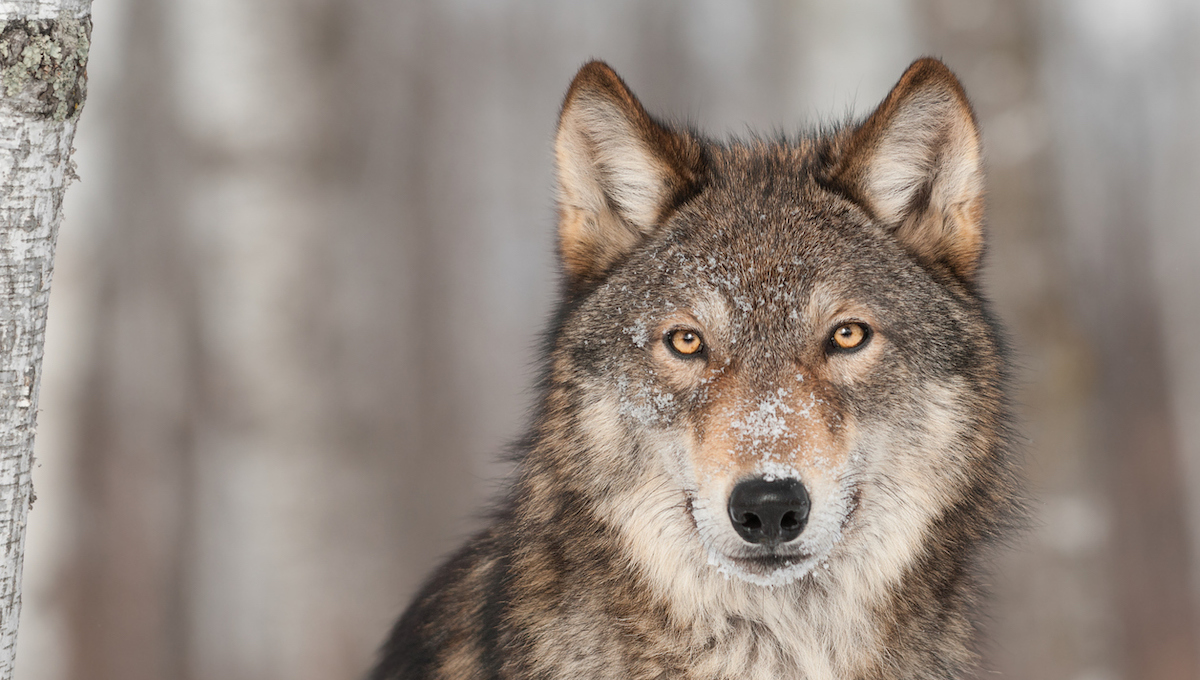What was the first order of business for congressional Republicans after their party was trounced in the midterm elections? Did they take a moment to reflect on why they lost so badly? Not a chance. Instead they took aim at a target that can't fight back. The House of Representatives passed a bill, H.R. 6784, that would strip gray wolves in the continental United States of all federal protections, while also restricting judicial review of delisting decisions. That would not only be disastrous for the wolves, which have only begun to recover in some parts of the U.S., but also seriously undermine the Endangered Species Act -- one of our most important (and effective) environmental laws.
The good news is that this anti-wolf, anti–endangered species legislation has little chance of passing in the Senate -- much less in the newly elected Congress that will take office in January. The bad news is that Republicans know that, too. That's why they took the language from their anti-wolf bill and inserted it into a spending bill that must pass before the end of the year to avert another government shutdown.
What will happen if this lame-duck attack on gray wolves succeeds? For an idea, look to Wyoming, Montana, and Idaho, where wolves have already been delisted and are being hunted for sport. Just last month, wolf watchers in Yellowstone National Park learned that one of the park's most famous wolves, 926F, nicknamed Spitfire and the leader of the Lamar Canyon pack, was legally killed by a hunter when she wandered just outside the park in Montana. Spitfire had held the struggling Lamar pack together after her own mother was killed by a hunter in 2012. If that hunter was a resident of Montana, he paid all of $15 for the privilege. During the 2017-2018 season alone, hunters killed 255 wolves in the state. If this latest attack on wolves succeeds, wolves could be trophy hunted in every state where they’re found -- regardless of whether they’ve actually recovered in a given area.
Array
To be clear, though, Republican legislators don't hate the Endangered Species Act because it inconveniences trophy hunters. They hate it because it means weighing the survival of a species against the ability to exploit our public lands for profit. The profits, of course, are soon spent; but what's lost is lost forever.
The list of species we haven't lost, thanks to the Endangered Species Act, is impressive. Without it, Florida would have no manatees and California no condors. In some cases, species recoveries have an obvious economic value: tourists come from all over the world to marvel at Yellowstone's wolves or to catch a glimpse of Glacier National Park's grizzlies. Often, the survival or revival of a species is crucial to the health of an entire ecosystem. But in every case, honoring the Endangered Species Act means recognizing that, as the most powerful species on the planet, we need to take responsibility for our actions, whether they affect the fate of a snail darter or the climate of the entire planet.
Mollie Beattie, who in 1993 became the first woman to head the U.S. Fish and Wildlife Service, which is responsible for enforcing the Endangered Species Act, said that "What a country chooses to save is what a country chooses to say about itself." I don't believe this country would choose to say that gray wolves deserve no chance to survive. That's why the Sierra Club is working hard to get the anti-wolf language out of the congressional spending bill.
We need your help! Please send a message to your senators and representatives telling them to remove anti-wildlife riders from the spending bill and uphold federal protections for wolves.
